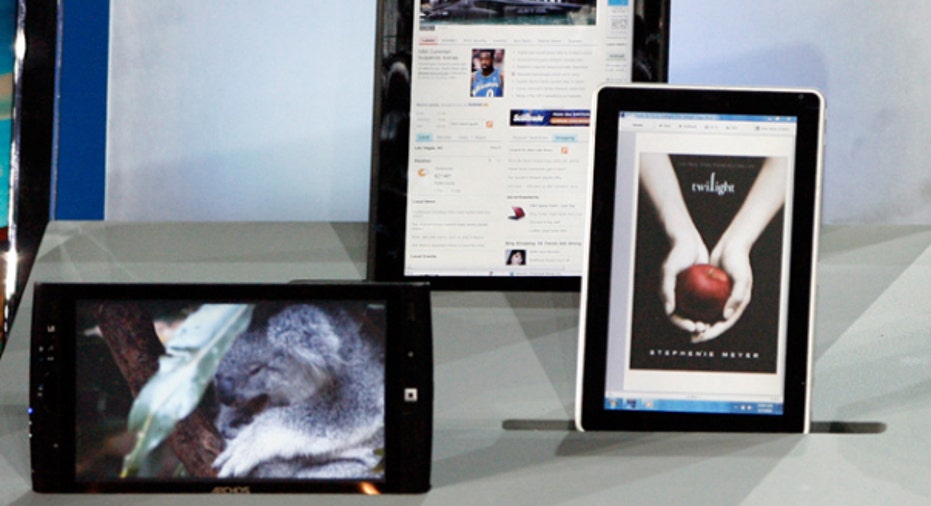Hardware is Dead – Long Live Hardware

In 2011, venture capitalist and Netscape co-founder Marc Andreessen famously said, “software is eating the world.” What he meant is that software is far more than a sector of the economy; it’s disrupting and reshaping the competitive landscape of one industry after another, from retail and transportation to finance and health care.
Of course, it took millions of engineers, trillions in investment capital, and decades of innovation in silicon, hardware and infrastructure for coders to stand on those massive shoulders and start chowing down. The irony wasn’t lost on Andreessen but I’m just sort of wondering if anyone else remembers there is no software with hardware.
The best analogy I know is that of human anatomy. While our ideas and imaginations may seem boundless, they can’t exist without neurons, synapses and blood. Having sex and kids might feel wonderful, but try doing either without reproductive organs and DNA. That’s what software would be like without hardware.
Look, I know this sounds like the rant of a hardware engineer with software envy, but I assure you, aside from the ancient black-and-white pictures of what were once state-of-the-art chips hanging on my office walls, I haven’t so much as looked at a computer-aided design of anything since the Reagan administration.
So what’s behind the not-so-subtle reminder that there’s more to life than Java, C and PHP? A lesson. While I’m sure you’ve heard it before, I think you’ll find it has new meaning in this context.
The lesson is about vaporware. While the term has come to mean any overhyped product that’s announced prematurely or never sees the light of day, it’s all-too-easy to forget its auspicious origins: software. Let’s face it; software is the easiest product in the world to overpromise and under-deliver.
You can launch it in beta or filled with bugs and redeem your credibility with a version update. But ship a smartphone processor with a 22 nanometer glitch in one of 20 billion transistors that should have been flawlessly designed and fabricated in space-age multibillion dollar manufacturing facilities and I assure you, there’ll be hell to pay.
The point is this. Software may be all the rage, but there’s far more innovation, talent and capital that goes into hardware so customers can actually run apps, watch videos, buy products, message each other and get from point A to point B.
Every budding entrepreneur may aspire to be the next coding wunderkind like Mark Zuckerberg, every VC may be clawing to invest in the next hot app like Snapchat and every equity investor might be dying to get in on the next Google (NASDAQ:GOOGL), but that’s just where all the hype is.
Nobody ever thinks about all the research, development and manufacturing that goes into chips that execute the code, devices that store and retrieve terabytes of data, communications infrastructure that transports content, and the incredible products you and I use at home, at work and on the go.
Clouds may be made of water vapor, but The Cloud isn’t. When you do a Google search on your notebook or watch a TV show on your phone, that involves some combination of broadband cable or fiber, Wi-Fi routers, 4G LTE wireless towers and base stations, backbone networks, and data center server and storage arrays.
When you order a GoPro Hero (NASDAQ:GPRO) from Amazon (NASDAQ:AMZN), call for an Uber car, take a ride in your Tesla or hop on an American Airlines flight, you know it takes a lot more than just software to get the video camera or you from point A to point B so you’re satisfied with the experience.
Speaking of vaporware, the reason that technologies like speech recognition, artificial intelligence and virtual reality have taken so long to become mainstream has little to do with algorithms or software and everything to do with processing power, memory speed, miniaturization technology and in some cases, network bandwidth.
In addition there are all sorts of sensors, multi-touch displays, batteries, motors, actuators, organic materials, superconducting magnets, nanotech, renewable tech, biotech, health tech, food tech and who knows what else. I can go on and on but I’m sure you get the idea.
Hacking may be hot, but don’t fall for the hype that software is eating the world. Without hardware, software would starve to death.



















